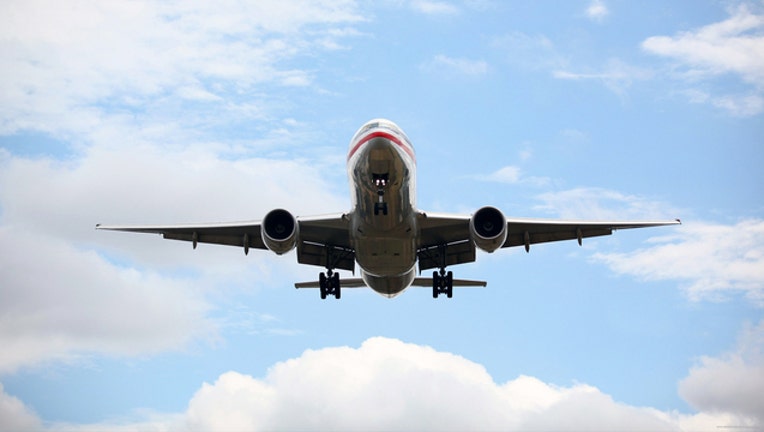Alaska Airlines, Allegiant have cleanest airplane water, study says

Photo via Pixabay
FOX NEWS - When it comes to drinking coffee on a plane, most of us don’t really give much thought in to how the pot is prepared. But a new study shows that maybe you should take a little more consideration when ordering your cup of joe at 36,000 feet.
As part of a national investigation, the 2019 Airline Water Study from Hunter College in New York has ranked several U.S. airlines on the safety of the water used to prepare hot beverages.
And while most people probably don’t really think about the huge on-board water tanks that are used for taps in the galley, this study probably sits in the “I don’t want to know” category — because some airlines have fallen well short of water that’s considered healthy.
The study ranked 11 major airlines and 12 regional carriers by a “Water Health Score,” which is based on 10 criteria including fleet size, the airline’s number of Aircraft Drinking Water Rule violations, positive E. coli and coliform water sample reports, and the airline’s willingness to answer to water-quality questions.
According to the researchers, Alaska Airlines and Allegiant won the top spot with the safest water in the sky.
Hawaiian Airlines came in second, and Frontier third.
The scores ranged between zero (being the lowest) and five (the highest). According to the study, “a score of 3.0 or better indicates that the airline has relatively safe, clean water.”
At the losing end of the scale, Spirit Airlines and JetBlue airline had the lowest scores — coming in with a score of 1.
According to the study, there is a list of recommendations for passengers about how to stay healthy aboard a plane, including warnings not to drink water on-board an aircraft (unless it is in a sealed bottle) or drink any coffee or tea prepared on the plane.
And instead of washing hands in the airplane’s bathroom, the study encourages passengers to use hand sanitizer.
But while the study may have caffeine-lovers concerned, there’s one very important takeaway from the research. The water tested comes straight from the tap the planes; however, the water used to make tea and coffee is boiled.
And according to the U.S. Centers for Disease Control, common intestinal pathogens are rendered inactive by heat — with many often dying at temperatures as low as 60 degrees. So by the time water reaches boiling point, the threat from waterborne pathogens is eliminated and the water is safe to drink.
So chances are — you’ll be just fine to drink a few cups while in the cabin.

